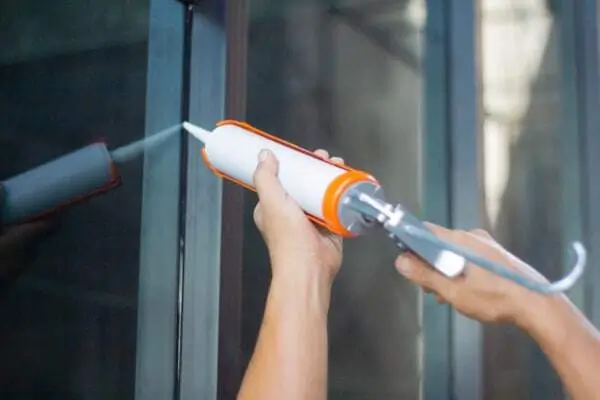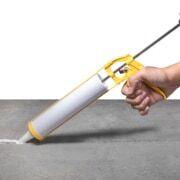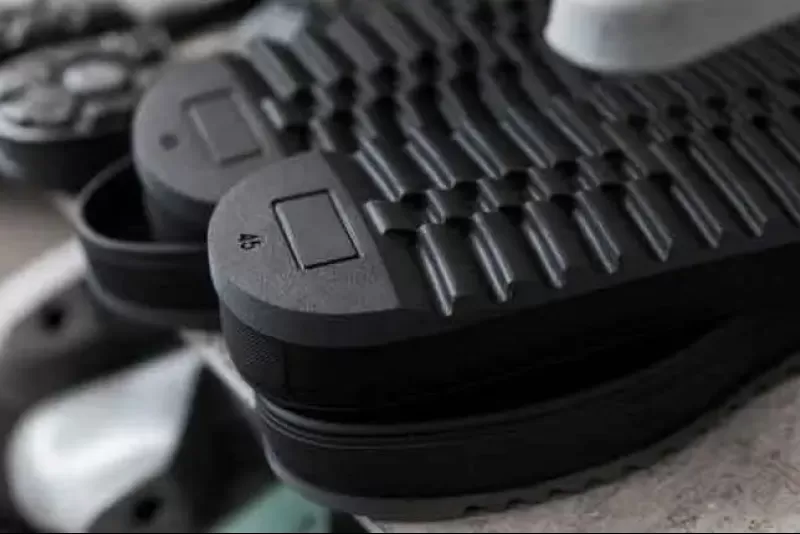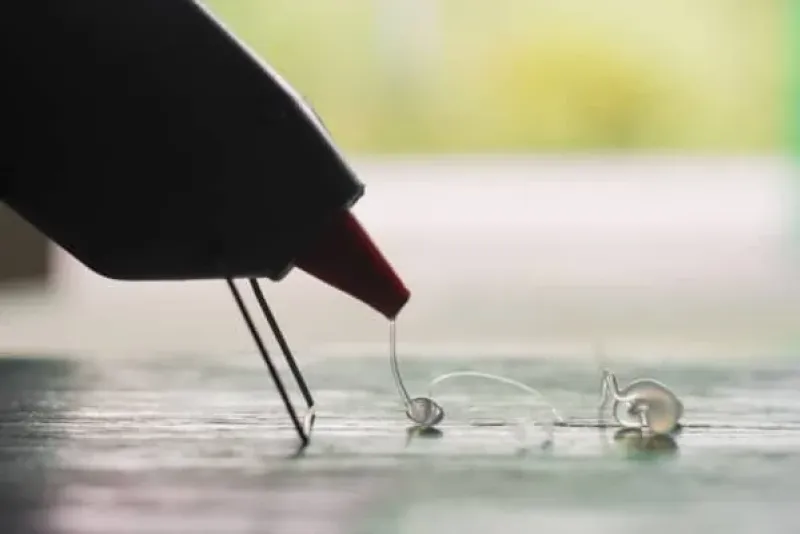Silyl modified polymer adhesive and sealant systems

Elasticity with silyl modified polymer adhesive and sealant systems
Silyl modified polymer adhesive and sealant solutions were first introduced in Japan in the late 80s. Today, there is a high demand for elastic bonding and sealing in industrial applications. These silane modified polymer-based systems have successfully entered the European and American markets. They are widely used in industries such as automotive, transportation, construction and many more.
Adhesives and sealants that rely on silane modified polymer combine the advantages of polyurethanes and silicones, and cancel all their disadvantages. Silane modified polymers can be applied to almost any surface, making modified silanes a perfect choice.
What is silane modified polymer?

Silane modified polymer (SMP), also known as silyl terminated polymer or silyl modified polymer, consists of a polymer backbone which is terminated by silane groups. The silane groups can be independent or supported by urethane groups. This gives us two main types of SMP adhesive and sealant systems: silyl modified polyethers (MS polymers) and silyl modified polyurethanes (SPUR polymers). The former are often preferred as sealants as they are more elastic and slightly less resistant than SPUR polymers. Both types of silane modified polymers are, however, also suitable for silyl modified polymer adhesive solutions.
Curing process of silane modified polymer adhesives and sealants
Modified silane polymer systems cure through polycondensation, also known as moisture curing, in room temperature. This means that the products use moisture in either the material or in the ambient to harden. With some products the curing starts from the outside and reaches the inside as last. Therefore, one must be careful not to apply too thick layers, as this may lead to poor curing and system failure.
Advantages of silyl modified polymer adhesive and sealant systems
Modified silane adhesives and sealants are the preferred option for many applications in a wide variety of industries. They are used for example for:
- fixing solar panels
- bonding side panels of trailers and vehicles such as trucks
- assembly parts
- container constructions
- doors and windows (also in vehicles)
- in sealing joints wherever elasticity is needed, for example in parking lots.
It is no wonder SMP adhesive and sealant systems are widely used, since they come with a great spectrum of advantages.
Advantages of silane modified polymers:
- Elastic bonds and seams: SMP adhesive and sealant systems remain flexible also after complete cure. The elasticity of the seams and bonds is not affected even by harsh environments.
- Easy to modify: silane modified polymer adhesives and sealants can have different polymer backbones which partially define their set of properties. However, the properties can also be modified with help of additives and so-called boosters.
- Minimum surface preparation: in most cases through cleaning and degreasing of the surface is sufficient. Usually, these systems do not require a primer, thus the process is sped up. Note that some silyl modified sealant systems do not cure in the presence of polyols: therefore, the cleaning substance should not contain these.
- Silicone and isocyanate free: most silane modified polymer solutions are environmentally friendly as they do not contain silicone or isocyanates. Some products may emit methanol during the hardening process, but also ethanol emitting, safer systems exist.
- Good adhesion to most materials: silyl modified polymer adhesive and sealant products adhere to most substrates such as concrete, plastic and metal allowing for a wider variety of possible applications.
Adhesives and sealants based on silane modified polymer
Due to the fact that the modified silane systems are easy to further modify, they exist as adhesives and sealants. The MSP adhesives have excellent adhesion to many substrates whereas the sealants provide watertight and chemical resistant seals.
Silyl modified polymer adhesive systems
Silyl modified polymer adhesive systems are various and versatile. As the formulations are many, so are the application possibilities. For example POR adhesives, based on silane modified polyolefin, are rather common in the automotive industry, where they are used instead of polyurethane adhesives.
Silyl modified polymer sealant systems
The silyl modified polymer sealant systems are known for their extreme elasticity and abrasion resistance. Although these sealants are not extraordinarily chemical resistant, they are strong and economical sealing solutions for example for airports. Especially the sealants´ ability to adhere to different substrates makes them a go-to solution in many cases.
Silane modified polymer vs. silicone
When it comes to silane modified polymer sealants, they are most often compared with silicone sealants. The main difference between the two is that silyl modified polymer sealant does not contain silicone which is sometimes considered harmful. The MSP sealants are also paintable unlike silicone.
Looking for the perfect SMP adhesive or sealant for your project?
In case you are curious about what modified silane polymers can do to your project or product, or you would like to enquire about a silyl modified adhesive or sealant, do not hesitate to contact us. Our experts make sure your application gets the SMP system it deserves. Note that the silane modified polymers market is under continuous development and the systems are generally easy to modify. Therefore, manufacturers within the silane modified polymers industry usually are willing to collaborate with their customers to enable more uses of SMP systems.
What solution are you looking for?
We are specialized in the about adhesives. Need the best products or advice? Then please leave your details and we will get in touch.





